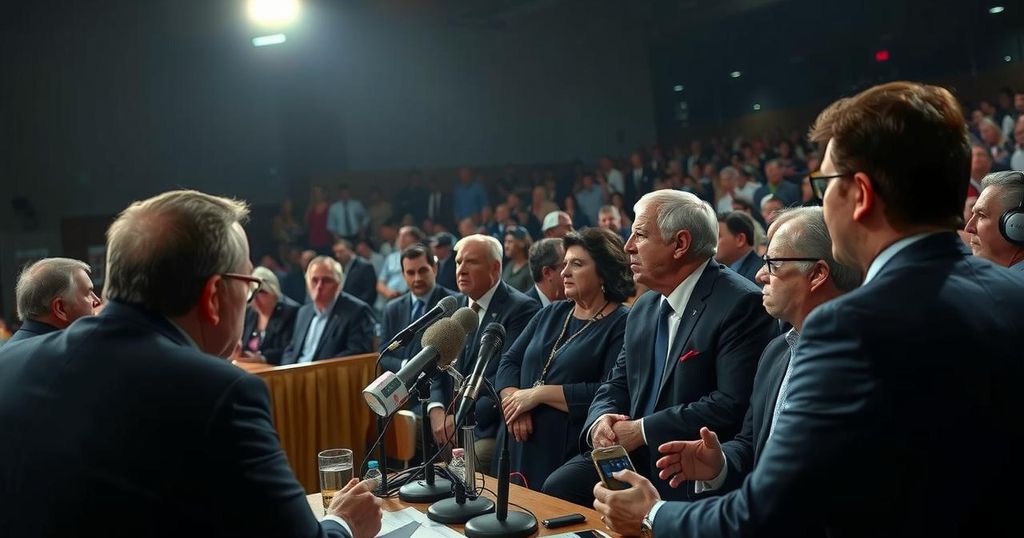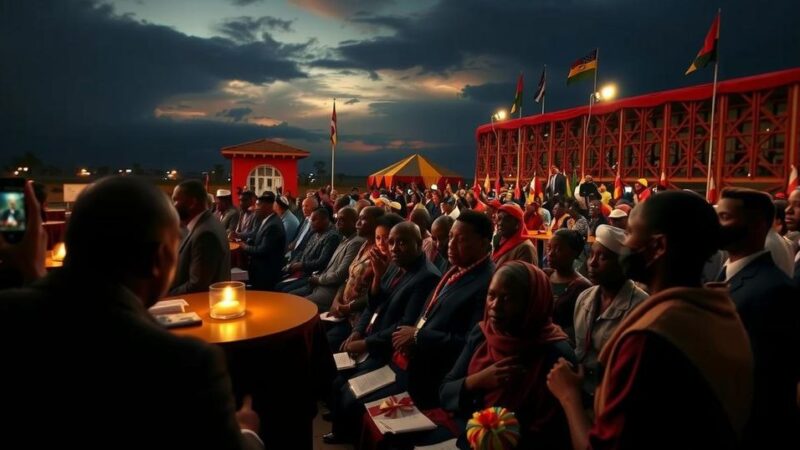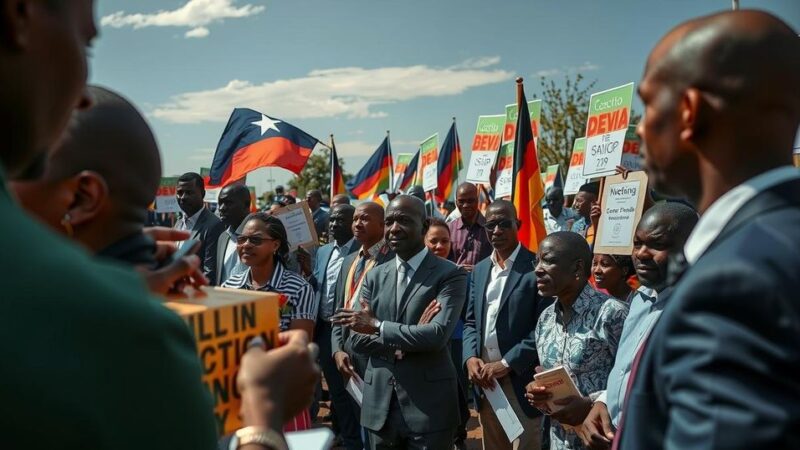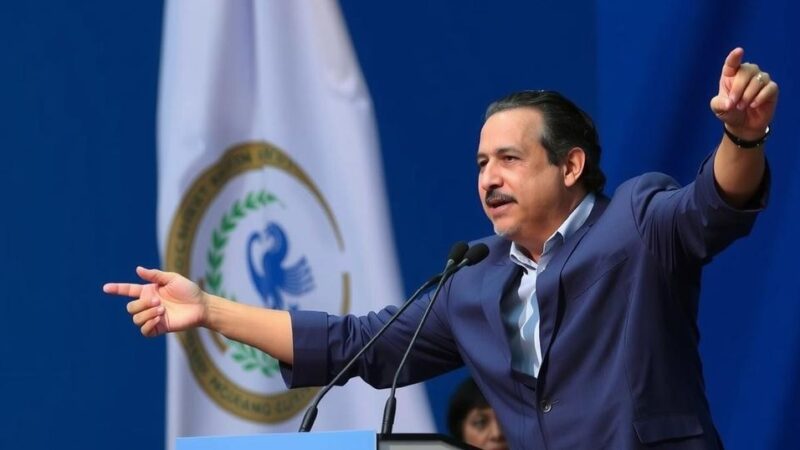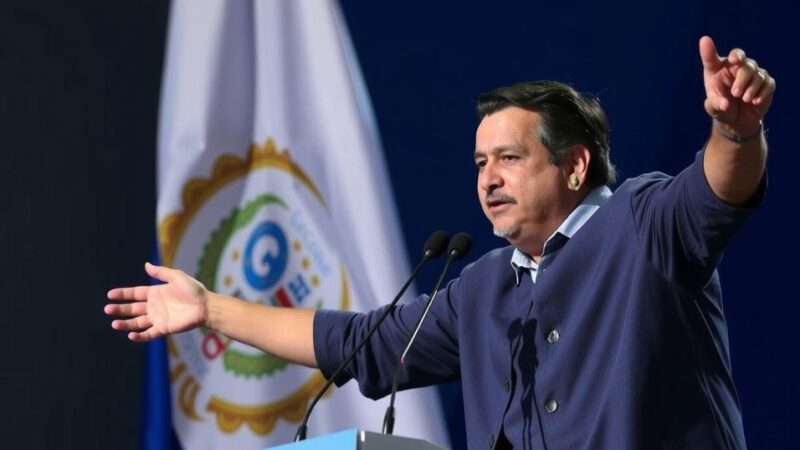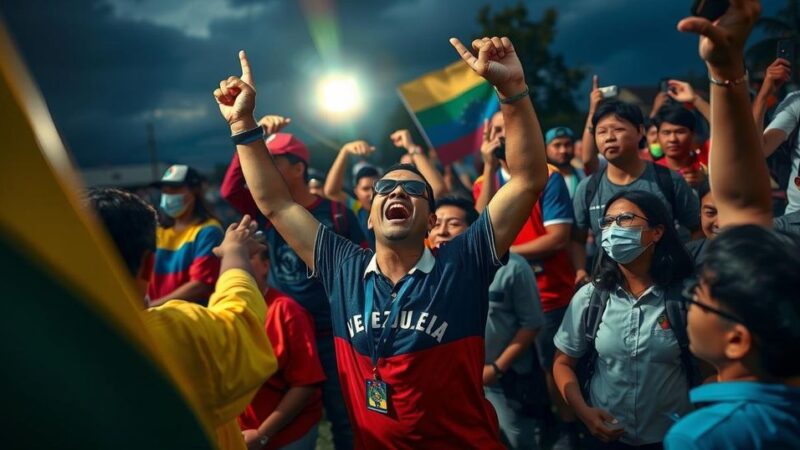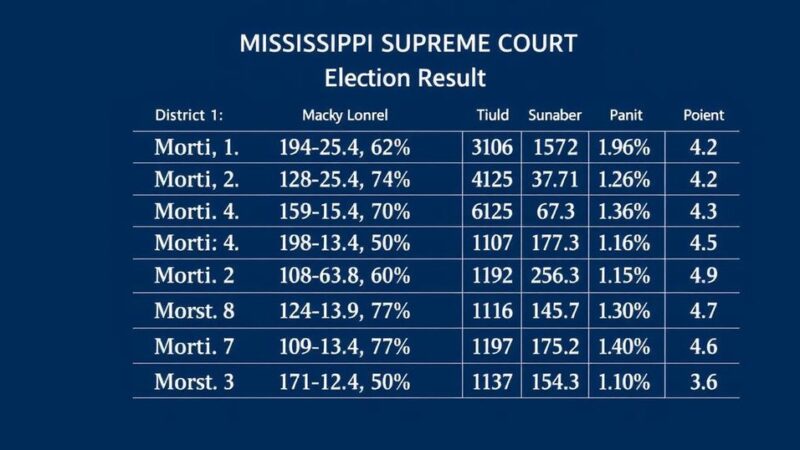Uruguay’s recent elections showcased a commitment to democratic civility, with candidates congratulating each other post-election. However, despite the facade of stability, underlying tensions and political divides raise concerns about the future of its democracy.
Uruguay, located between the politically tumultuous Brazil and Argentina, stands out for its model of democratic stability. Following recent elections, the mood was markedly different from its neighboring nations, characterized by a culture of electoral civility. Defeated candidates in Uruguay often extend immediate congratulations to their rivals, a practice that reinforces the country’s commitment to democratic principles. However, beneath this veneer of stability, there are underlying issues that hint at a deeper societal divide and political dissatisfaction that may threaten its democratic fabric in the future.
Uruguay’s political landscape has historically been characterized by a high degree of electoral integrity and democratic resilience. In stark contrast to the violent political reactions seen in Brazil and controversial figures emerging in Argentina, Uruguay prides itself on a peaceful electoral process. However, the apparent stability masks growing political tensions and economic challenges that could ultimately undermine this model of governance, raising questions about its long-term sustainability.
In summary, while Uruguay has garnered a reputation as a model of political stability in a volatile regional context, it faces significant challenges that could jeopardize its democratic framework. Understanding these complexities is crucial as the country navigates future elections and seeks to maintain its reputation amidst evolving political dynamics. The dichotomy of outward stability versus internal strife will require careful examination moving forward.
Original Source: www.barrons.com
